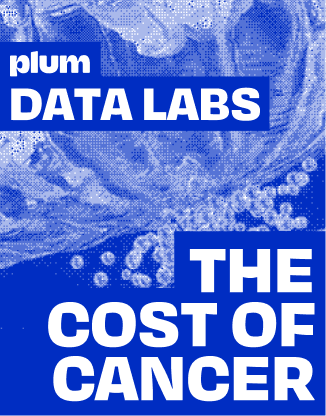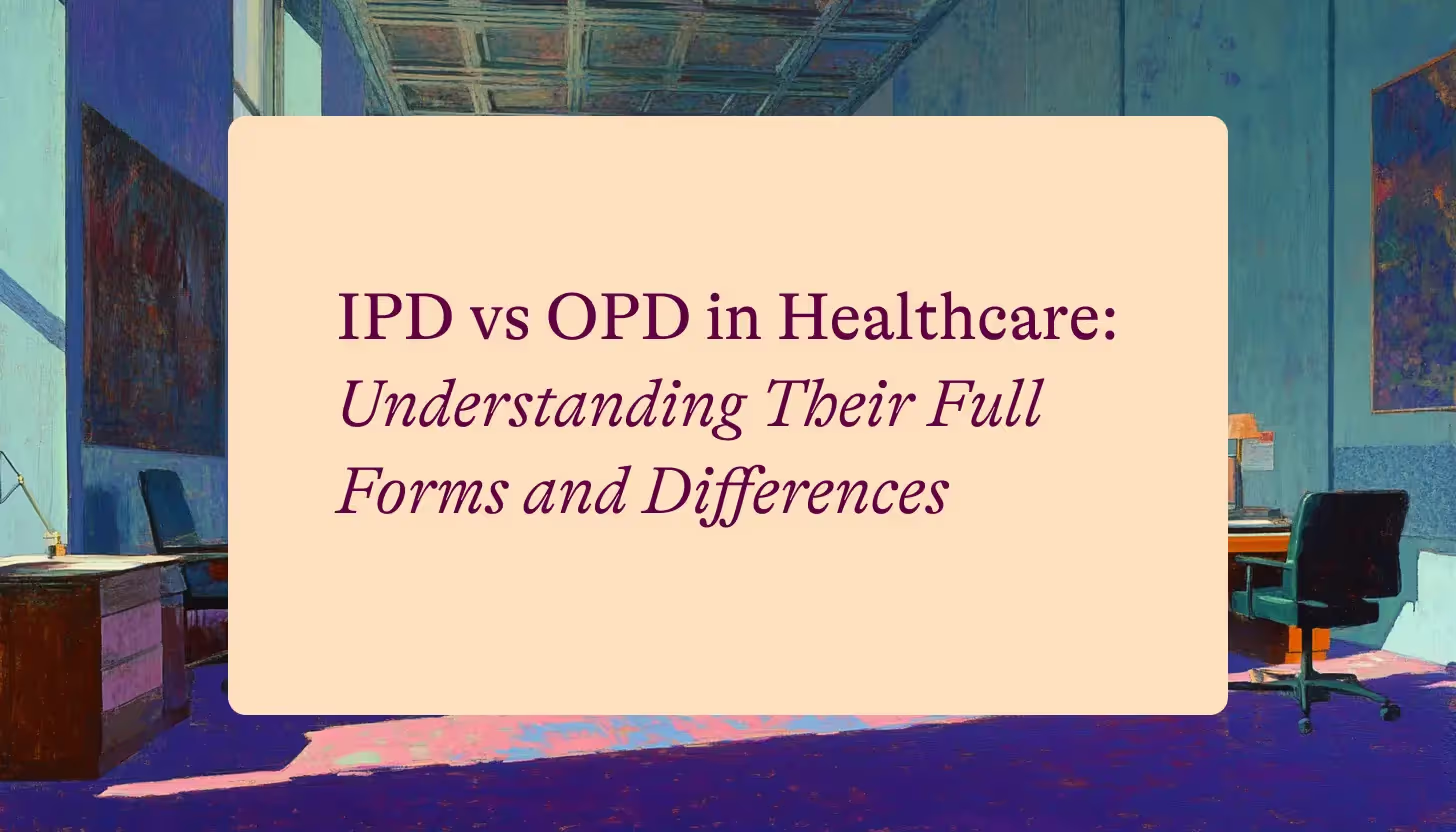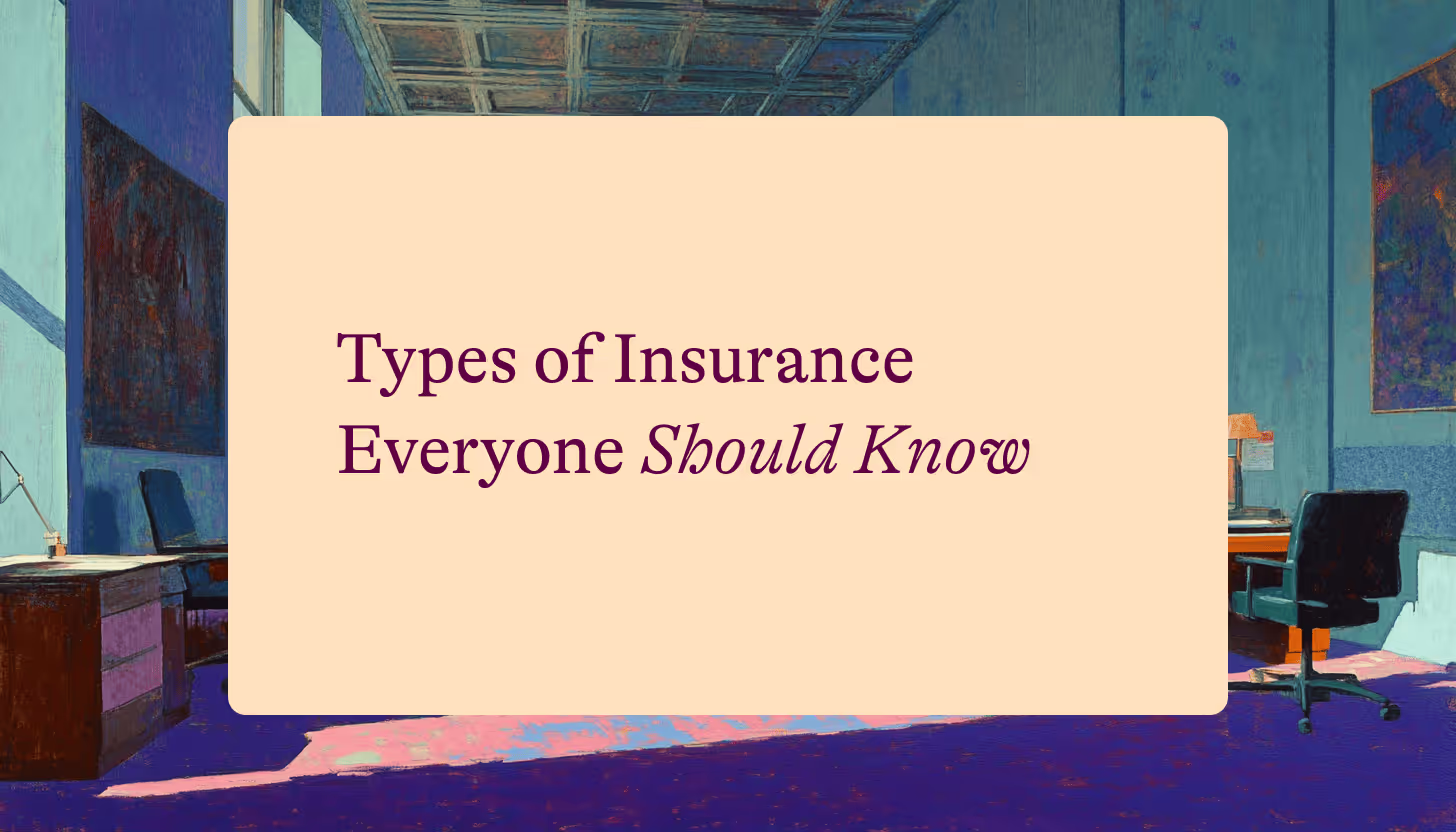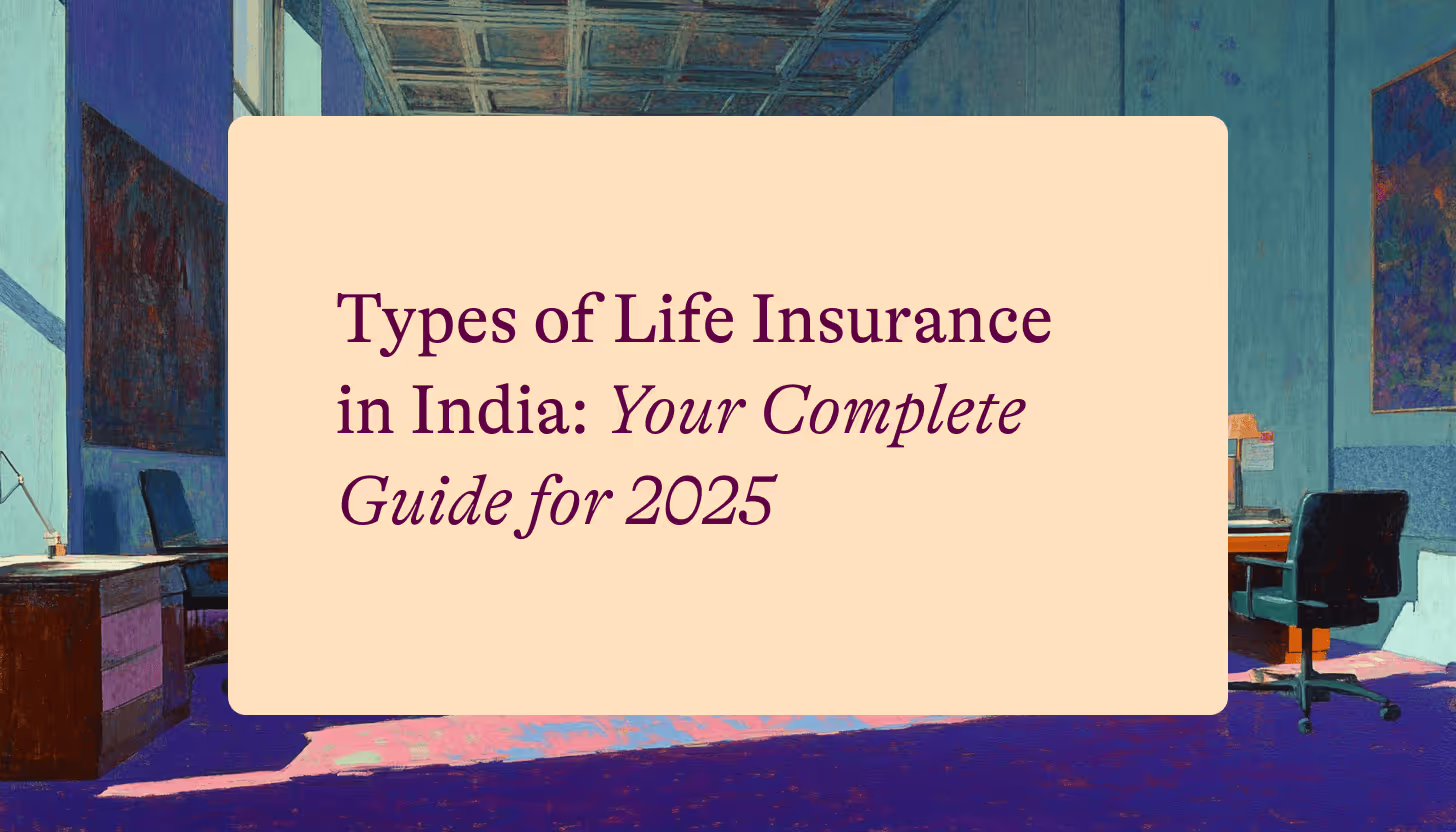To put it simply, a moral hazard in insurance occurs when the borrower knows that someone else [Insurer] will pay for the mistakes he makes. This, in turn, gives him the spur to act in a riskier way. This economic concept is known as moral hazard.
Insurance companies often emphasize that by offering payouts to defend against losses from accidents, they may actually encourage taking risks. As a result, this often forces them to pay out more in claims. In the financial market, there is a chance that the borrower might engage in activities that are objectionable from the lender’s point of view. This is because those activities make him less likely to pay back a loan.
For instance, the insurer fears that a “don’t worry, it is insured” attitude often leads to willful recklessness. For instance, it might cause someone with collision insurance to drive recklessly or someone who has fire insurance to be relaxed with their fire safety.
Read about our Group Health Insurance Policy and Group Term Life Insurance policy.
What Is Moral Hazard In Insurance?
The primary assumption behind a moral hazard is that an individual in a transaction takes on unnecessary risks that affect the other party in the transaction.
Let’s assume the idea that a corporation is too big to fail. However, if the management of the company believes they will receive financial assistance to keep it going, they may take more risks in order to get profit.
In the insurance sector, risk and reward usually go together. If you take a risk, you pay the price when things go wrong. However, you can come out ahead if the risk pays off. But when “moral hazard economy” is in play, things work differently.
A moral hazard is a situation where someone has limited responsibility for the risks they take. Consequently, that person or organization may have an incentive to take on more risks than they otherwise would because they don’t need to pay for them.
The concept of a moral hazard is essential for insurance because people may be inclined towards taking more significant risks if they are insured than if they are not. Moreover, most people have no intention of taking advantage of an insurance company. Doing so may be dishonest, illegal, and unappealing. But moral hazards might get into your subconscious calculations if you realize that your risks are limited.
What Is Adverse Selection?
The adverse selection represents a situation in which one party in a deal has more accurate information than the other party. As a result, a party with less data is at a disadvantage to a party with more information.
This asymmetry causes a lack of competence in the cost and the number of goods and services provided. Most information in a business economy is transferred through prices, and this means that adverse selection tends to result from weak price signals.
For instance, there are two people, one who smokes and does not exercise and the other one who does not smoke and exercise. It is common knowledge that the one who smokes and doesn’t exercise will have a shorter life expectancy than those who don’t smoke and choose to exercise.
Now, those two individuals are looking to buy life insurance. The insurance company, without any information, cannot differentiate between the individual who smokes and who doesn’t.
The insurance company requests the individuals to fill out surveys to classify themselves. But the individual who smokes and doesn’t exercise knows that he would incur higher insurance premiums by answering truthfully. So this individual decides to lie and says he does not smoke and exercises every day. This leads to adverse selection as the life insurance company will charge the same premium to both individuals.
Difference Between Moral Hazard and Adverse Selection
In a moral hazard as well as adverse selection, there is information asymmetry between two parties. The primary difference is when it occurs.
In a moral hazard situation, one party listing into the agreement provides deceiving information. This changes their behavior once the deal has been made because they believe that they will not face any consequences for their actions. Adverse selection applies to a situation where sellers have more information than buyers in their urgent care electronic medical records about some aspect of product quality.
How To Reduce Moral Hazard?
The root cause of moral hazard is asymmetric information. In the health industry, moral hazard happens when you behave in a way that increases the cost for the insurer.
Individuals who do not have to pay for medical services tend to seek more expensive and even riskier services that they would not require otherwise.
For these reasons, health insurance providers institute co-pay and deductibles. These require individuals to pay partially for the services they get. Such a policy of deductible amounts is a consideration for the insured to cut down on services and avoid making claims.
You can remove moral hazard by reflecting the price with accurate information. The decision to smoke cigarettes or go paragliding looks different when it means increased premiums.
FAQ
Q. How do insurance companies detect and prevent false claims or dishonest behaviors stemming from moral hazard?
A. Insurance companies use data analysis and fraud detection algorithms to identify false claims. They also conduct thorough investigations for suspicious activities, therefore ensuring honesty and minimizing risks.
Q. Can the presence of moral hazard influence the design of insurance products and if so, how?
A. Yes, moral hazard impacts insurance product design. Insurers introduce measures like deductibles, co-pays, and policy limits to encourage responsible behavior. Therefore, these products are structured to balance coverage and discourage reckless actions.
Q. Are there any ethical considerations or criticisms regarding the measures taken by insurance companies to counteract moral hazard?
A. Ethical concerns arise when measures to combat moral hazard restrict access to necessary services. Critics argue that high deductibles and co-pays can deter individuals from seeking needed medical care. Therefore, insurers face the challenge of balancing risk management with equitable access to services.
.avif)










.avif)














